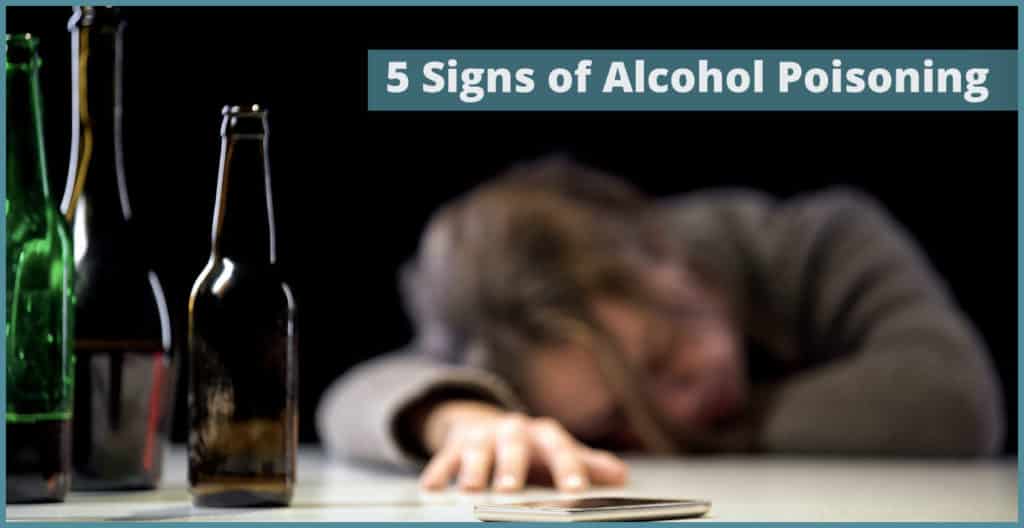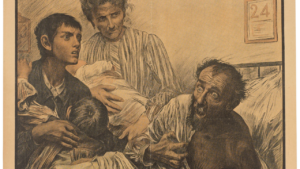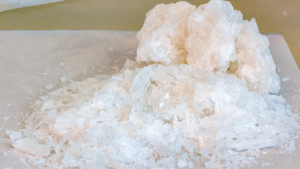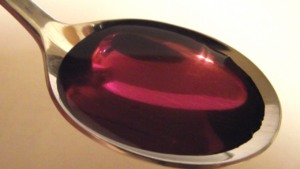Alcohol poisoning is a medical emergency that can occur when you drink too much alcohol too fast. Because this situation is so serious, it is important to be able to recognize the signs of alcohol poisoning so you can take action quickly. Here are five of the most common signs of alcohol poisoning:
1. Vomiting
One of the first signs of alcohol poisoning is vomiting. Vomiting occurs because alcohol irritates the lining of the stomach, which can lead to vomiting. In addition, when large quantities of alcohol are present, the body will try to reject the poison through vomiting. If someone has been drinking large amounts of alcohol and begins vomiting, it may indicate alcohol poisoning.
2. Extreme Intoxication And Confusion
Another sign of alcohol poisoning is extreme intoxication, which usually causes someone to become confused and uncoordinated. [inline_cta_one] The individual may have trouble speaking, walking, or making decisions. The higher the individual’s blood alcohol concentration climbs, the worse this symptom will become.
3. Loss Of Consciousness
Eventually, someone suffering from alcohol poisoning will pass out. Unfortunately, even at this point, the dangers of alcohol poisoning are still very real. The individual’s blood alcohol concentration will continue to climb. In addition, if they vomit while passed out, choking may occur. Leaving someone to “sleep it off” is never recommended.
4. Slow Breathing
Once someone passes out from alcohol poisoning, their breathing may slow down considerably. Slowed breathing is dangerous, as it deprives the brain of oxygen needed to function properly. Less than eight breaths per minute indicates a medical emergency.
5. Seizures
Seizures are one of the most serious signs of alcohol poisoning. Different types of seizures can occur when someone drinks too much alcohol, and some of these seizures may prevent the individual from being able to breathe properly. If you notice any of the signs of alcohol poisoning in a friend or family member who has been drinking, call for emergency medical care immediately.
Understanding Alcohol Poisoning
When your blood alcohol concentration reaches a dangerous level, you have alcohol poisoning. The average healthy person is able to process approximately one ounce of pure alcohol every 90 minutes. This means it takes approximately one hour to process a drink. When you ingest a higher amount of alcohol over a short period of time, the liver can’t keep up with your intake. This causes your blood alcohol concentration to increase and will eventually lead to dangerous consequences. If left untreated, alcohol poisoning can even be fatal.
Alcohol Poisoning Treatment
When someone is suffering from alcohol poisoning, treatment is often necessary to prevent dangerous or even life-threatening complications. In most cases, alcohol poisoning will be treated with hospitalization. In the hospital, doctors may administer oxygen to the individual through a nasal tube or another breathing device. The hospital may also attempt to rehydrate the individual, as well as to reverse hypoglycemia and other consequences of alcohol poisoning. In cases where alcohol poisoning is especially severe, doctors may recommend hemodialysis to remove alcohol from the bloodstream.
Can You Treat Alcohol Poisoning At Home?
Although it may be tempting to attempt to treat alcohol poisoning at home in order to avoid embarrassment and/or a hospital bill, it is never a good idea to try to treat a loved one with alcohol poisoning on your own. Letting someone “sleep it off,” putting them in a cold shower, or trying to induce vomiting are all common at-home treatment measures that can backfire. To ensure that your loved one will recover as well as possible, seek medical treatment if you suspect alcohol poisoning.
Treating Alcohol Addiction
Anyone who drinks too much can develop alcohol poisoning. However, alcohol poisoning is more likely to occur when an individual drinks heavily on a regular basis. If you or a loved one has suffered from alcohol poisoning because of heavy drinking, or if you have any other reason to suspect an addiction may be present, professional treatment is recommended. An alcohol detox and rehab program can help you overcome your alcohol addiction and live a healthier life. To learn more, contact The Bluffs today.







